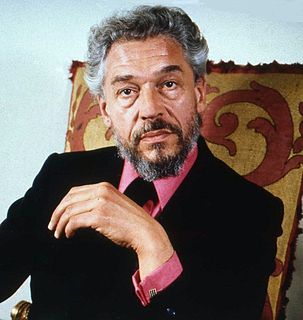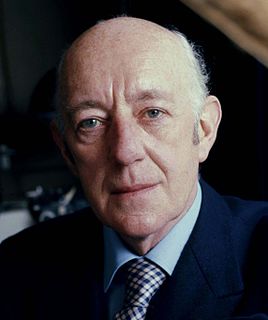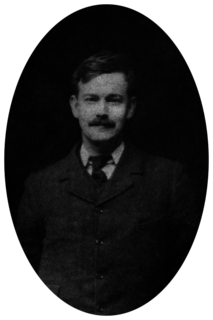A Quote by Nelson Mandela
The impression that you are a demigod worried me. I wanted to be like an ordinary human being with virtues and vices.
Related Quotes
The modern world is not evil; in some ways the modern world is far too good. It is full of wild and wasted virtues. When a religious scheme is shattered (as Christianity was shattered at the Reformation), it is not merely the vices that are let loose. The vices are, indeed, let loose, and they wander and do damage. But the virtues are let loose also; and the virtues wander more wildly, and the virtues do more terrible damage. The modern world is full of the old Christian virtues gone mad. The virtues have gone mad because they have been isolated from each other and are wandering alone.
'You hate America, don't you?'
'That would be as silly as loving it,' I said. 'It's impossible for me to get emotional about it, because real estate doesn't interest me. It's no doubt a great flaw in my personality, but I can't think in terms of boundaries. Those imaginary lines are as unreal to me as elves and pixies. I can't believe that they mark the end or the beginning of anything of real concern to a human soul. Virtues and vices, pleasures and pains cross boundaries at will.'
That was one of the things that worried me – to be raised to the position of a semi-god – because then you are no longer a human being. I wanted to be known as Mandela, a man with weaknesses, some of which are fundamental, and a man who is committed, but never the less, sometimes he fails to live up to expectations.











































